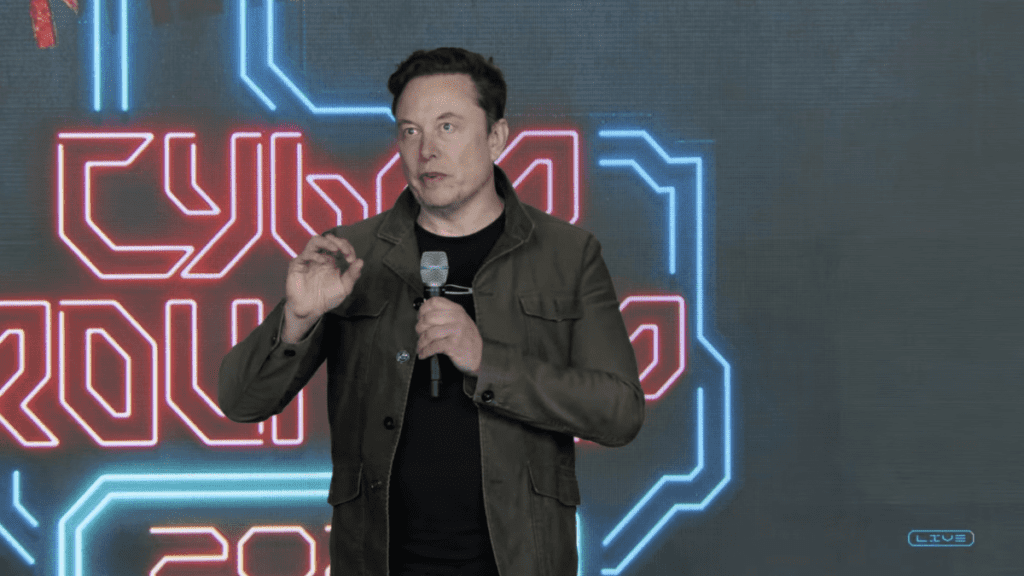Elon Musk Denies Revenue Sharing Plans Between Tesla and xAI
In a recent turn of events, Elon Musk has dismissed reports suggesting that Tesla is in talks to share revenue with xAI, a startup he founded that focuses on artificial intelligence. According to a report by The Wall Street Journal, under a potential agreement, Tesla would integrate xAI’s advanced AI models into its Full Self-Driving (FSD) technology and possibly enhance features such as a voice assistant for vehicles and software for the upcoming humanoid robot, Optimus.
Musk took to his social media platform X, formerly known as Twitter, to refute these claims. Although he mentioned that he had not read the Wall Street Journal article, he described a post summarizing the piece as “not accurate.”
President Musk’s Response
In his statement, Musk acknowledged that Tesla has gained invaluable insights from collaborations with xAI engineers that have propelled the progress of unsupervised FSD. However, he asserted that Tesla has no intention of licensing any technology from xAI. Musk elaborated that the size and complexity of xAI’s models render them unfeasible for Tesla’s vehicle inference computer, stating, "The xAI models are gigantic, containing, in compressed form, most of human knowledge, and couldn’t possibly run on the Tesla vehicle inference computer, nor would we want them to."
xAI’s Ambitious Vision
Founded by Musk as a challenger to OpenAI, xAI aims to innovate and refine AI technology across multiple Musk-led enterprises including Tesla, SpaceX, Neuralink, and The Boring Company. Earlier this year, reports indicated that as part of xAI’s $6 billion funding proposal, the company envisioned training its AI models using data derived from Musk’s various ventures, highlighting an integrated approach to technology enhancement.
Legal Challenges Ahead
Despite Musk’s confidence in the independence of Tesla’s AI capabilities, the launch of xAI has not gone without controversy. Some Tesla shareholders have filed lawsuits against Musk, alleging that he has siphoned talent and resources from Tesla to bolster a competing startup. This legal situation underlines the complexities and concerns around corporate governance and resource allocation within rapidly evolving tech industries.
Conclusion
As the dialogue surrounding the intersection of AI and automotive technology advances, Musk’s clarification regarding Tesla and xAI underscores the competitive landscape in which both companies operate. While the collaboration seems of high interest to many investors, Musk’s firm stance on maintaining the independence of Tesla’s AI initiatives reiterates his commitment to innovation without external dependencies. As the story unfolds, stakeholders will likely keep a close eye on the evolving dynamics between Musk’s various enterprises and the potential implications for the future of automated technology.
In summary, while discussions about innovation in AI and its application in Tesla vehicles continue to spark interest, it remains clear that Elon Musk is intent on charting an independent course for his flagship automotive brand.




